How to Get Hired in Cybersecurity, Regardless of Your Background

Cybersecurity creates wider career opportunities due to its increasing relevance in our digitally interconnected world. As technology advances, the threat landscape becomes more complex, leading to a growing demand for skilled professionals to protect sensitive data and systems from cyberattacks.
This blog will help you understand tips and tricks to get Skilled in Cybersecurity and guide you to find the right job that fits your dream.
Regardless of certification, your graduation degree, how much you have honed your skills during your studies, and which field you chose to pursue, decide your career path because it is the bottom of everything. There is no exception in this process.
If you intend to begin your career in a challenging field like cybersecurity, consider stepping up from scratch. So, as a first step, you will start acquiring skills and knowledge.
This blog will discuss the skill sets you must focus on when you kick-start your cybersecurity career.
Getting into cybersecurity from a technical background
Suppose your dream is to become a cybersecurity specialist. In that case, you should have IT knowledge and skills like coding skills, networking, Open Systems Interconnection model layers, reverse engineering software, and so on. If you do not have these skills, you should put effort into learning these skills.
Cybersecurity jobs to target
To get into a technical cybersecurity job, you should have computer knowledge, but many have learned at their workspace just with the basic knowledge.
After gaining the cybersecurity specific skills, you can start applying for the job. The description of the desired job title might differ, but you can learn it quickly by putting in a little effort.
Now, we shall discuss a few job titles in-detail and their job responsibility:
Chief Information Security Officer (CISO):
Cisco offers a wide range of certifications, from entry-level to advanced certification. A Chief Information Security Officer (CISO) is a senior executive overseeing an organization's information security strategy and managing its cybersecurity programs. Their role involves:Identifying and mitigating security risks.Ensuring compliance with data protection regulations.Developing policies and procedures to safeguard the organization's data and assets.
Security Engineer:
The primary responsibility of the security engineer is to test the network vulnerabilities and protect the network from exploitation, developing security policies and plans. Moreover, responsible for responding to any security breaches.
Incident responder:
As the name implies, the incident responder must immediately respond to security breaches, intrusions, alerts, and exploits. Their primary role is managing, monitoring, and ensuring smooth transitions during software or hardware updates, upgrades, and patches, which may also be part of the role.
Cryptographer:
A cryptographer is a specialist in the field of cryptography, responsible for designing and implementing secure communication systems and encryption algorithms. Their role involves developing cryptographic protocols to protect sensitive data and communications from unauthorized access or tampering.
Computer forensic analyst:
Those in this role will incorporate their computer science and forensic skills to retrieve information from the system, computer, and storage devices. They collaborate with law enforcement agencies and legal teams, providing expert testimony and reports in digital evidence cases ensuring compliance with legal procedures and standards.
Malware analyst:
Malware analysts are cybersecurity professionals who dissect and analyze hazardous software (malware) to understand its behavior, uncover vulnerabilities, and devise countermeasures. Their responsibilities include deciphering malware code, investigating its impact on systems, and developing techniques to detect, mitigate, and prevent malware attacks.
Penetration tester:
The prominent responsibility of this job is to secure the network or system from malicious hackers. As a malicious hacker, you will have the authority to hack the system or network, but the key difference is you have the authority to breach the system.
As a pentester, you must follow strict rules and guidelines of the government before hacking. In this hacking process, all your activities are carefully noted and documented.
Security consultant:
The security consultant's primary responsibility is to determine the development and steps taken to monitor security solutions to satisfy the client's requirements.
Security architect:
As the name implies, their responsibility is to protect the organization by analyzing security requirements and plans and implementing and testing security systems. Moreover, they develop and plan security guidelines and policies to guide the entire team.
Information security officer:
Information Security Officers are responsible for safeguarding an organization's data and systems by implementing security policies, conducting risk assessments, and overseeing security measures to protect against cyber threats. They ensure compliance with data protection regulations and respond to security incidents to maintain sensitive information's confidentiality, integrity, and availability.
Computer security specialist:
Security is responsible for designing and executing the security countermeasures to monitor security breaches and exploitation.
To protect the system from malicious hackers, security specialists monitor the malware activities, find vulnerable points, and take necessary steps to protect the system.
Risk manager:
The risk manager is responsible for monitoring the overall activities of the network. So, from designing to implementing a security measure is their prominent responsibility.
Moreover, they manage the financial impact of the company when risks occur.
Hard versus soft skills
Regardless of your industry, you should have soft and hard skills. Hard skills you will mention in the CV.
If you are a programmer working in a technical background, you have programming language skills of C++ and Kali Linux as a pen tester.
If you are working as a web developer, you are familiar with SQL injection attacks - crucial skills to become a cybersecurity developer.
On the other hand, soft skills are intangible and difficult to quantify. After acquiring industrial-specific skills, you must update your resume in a job portal like LinkedIn or other global job search websites.
Start applying for the job, look at the job description of the specific role, and acquire the skills you need to enhance and hone.
Getting started in cybersecurity with a non-technical background
Suppose you want to get into cybersecurity from a non-technical background and need not possess coding knowledge and skills. In that case, you can work as a Cyber risk analyst and technical writer.
These are two examples of non-technical cybersecurity jobs—these two job roles you can obtain with the skills you already have.
For instance, an entry-level policy analyst position might require a college degree. Starting as a technical writer is an excellent way to break into the industry if you enjoy writing and are proficient in grammar.
You can move quickly through the hiring process for a technical cybersecurity position by earning certifications like the Logical Operations CFR or EC Council's CEH. These certifications can be achieved significantly more quickly than a university degree.
If you take the time to develop yourself through self-training, you can advance to your chosen job more quickly once you get your foot in the door and gather work experience. You ought to be eager to read, study, and conduct research.
Transitioning from your current technical role
Are you working professionally as a Microsoft Exchange administrator focusing on cloud security, specifically email cloud security? It can be a good start in the cybersecurity field.
After acquiring the skills you need, digital forensics may be your next career move if you are a system administrator with solid operating system knowledge.
According to the survey, the global cyber security market size is projected to grow from $172.32 billion in 2023 to $424.97 billion in 2030, at a CAGR of 13.8%.
In conclusion, breaking into the field of cybersecurity, regardless of your background, requires a commitment to continuous learning, obtaining relevant certifications, networking within the cybersecurity community, and showcasing your practical skills through personal projects or internships. With dedication and a strong work ethic, anyone can secure a promising career in this rapidly evolving and high-demand field.
Find a course provider to learn Cyber Security
Java training | J2EE training | J2EE Jboss training | Apache JMeter trainingTake the next step towards your professional goals in Cyber Security
Don't hesitate to talk with our course advisor right now
Receive a call
Contact NowMake a call
+1-732-338-7323Take our FREE Skill Assessment Test to discover your strengths and earn a certificate upon completion.
Enroll for the next batch
hands on cyber security training
- Sep 1 2025
- Online
cyber security classes online
- Sep 2 2025
- Online
hands on cyber security training
- Sep 3 2025
- Online
Cyber Security
- Sep 4 2025
- Online
hands on cyber security training
- Sep 5 2025
- Online
Related blogs on Cyber Security to learn more
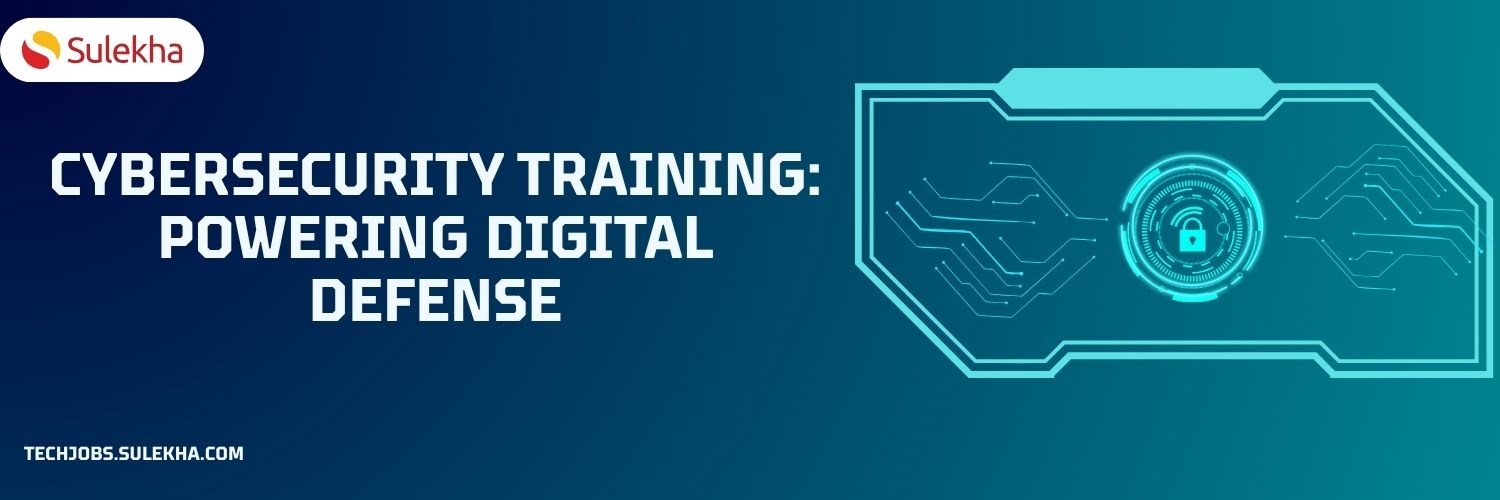
Cybersecurity Training: Powering Digital Defense
Explore top cybersecurity training programs in the USA to meet rising demand in digital defense. Learn about certifications, salaries, and career opportunities in this high-growth field.
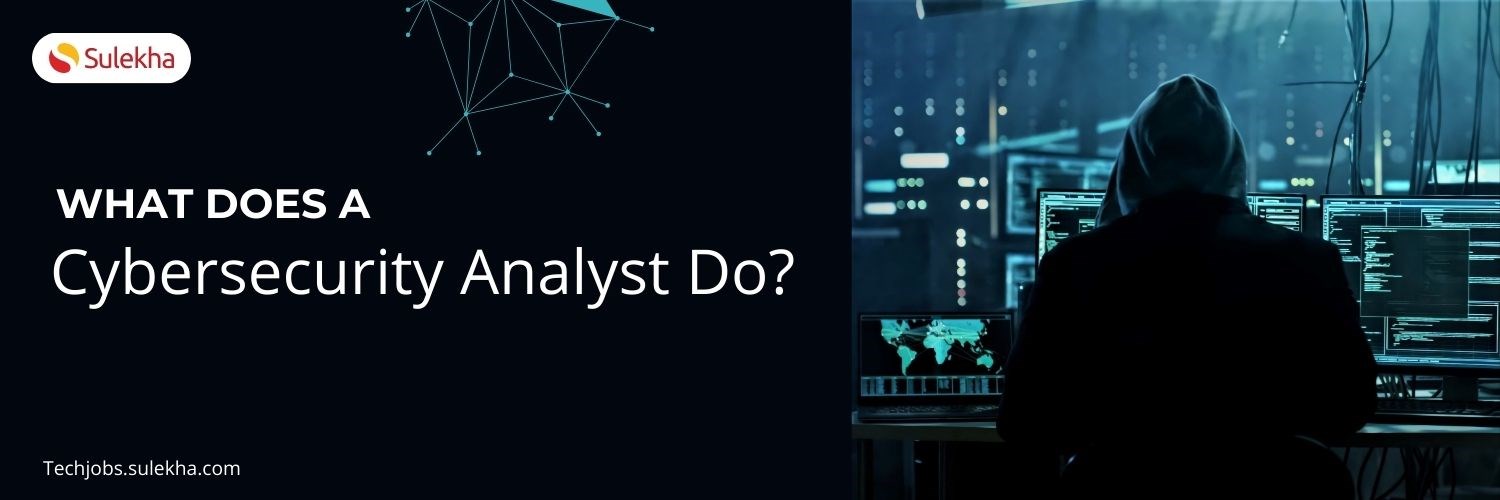
What Does a Cybersecurity Analyst Do? 2025
Discover the vital role of a Cybersecurity Analyst in 2025, protecting organizations from evolving cyber threats through monitoring, threat assessment, and incident response. Learn about career paths, key skills, certifications, and why now is the be

What essential skills and trends should cybersecurity professionals navigate in 2024?
Cybersecurity professionals in 2024 must master a diverse skillset, from cloud security and AI to soft skills like communication and problem-solving, to stay ahead of evolving cyber threats and regulations.
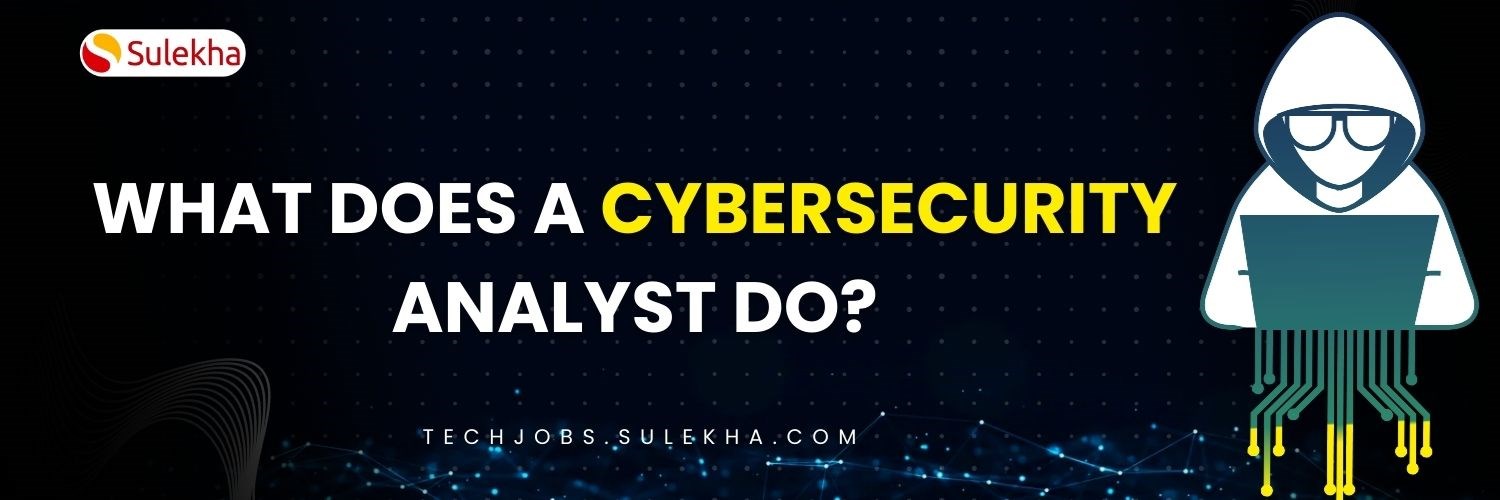
What Does a Cybersecurity Analyst Do?
Learn about the role of a Cybersecurity Analyst, responsible for protecting an organization's computer networks from cyberattacks.

10 Popular Cybersecurity Certifications
From CompTIA Security+ to CISSP, these certifications can boost your career and demonstrate your commitment to protecting computer systems and networks.

What are the most popular technical certifications for future career advancement?
Unlock your potential with insights into 5 popular technical certifications for future career growth, spanning cybersecurity, blockchain, cloud computing and more. Explore pathways for professional advancement today.

How to Become a Security Architect: 2024 Career Guide
How to Become a Security Architect: 2024 Career Guide In today's fast-paced and digitally interconnected world, the role of a Security Architect
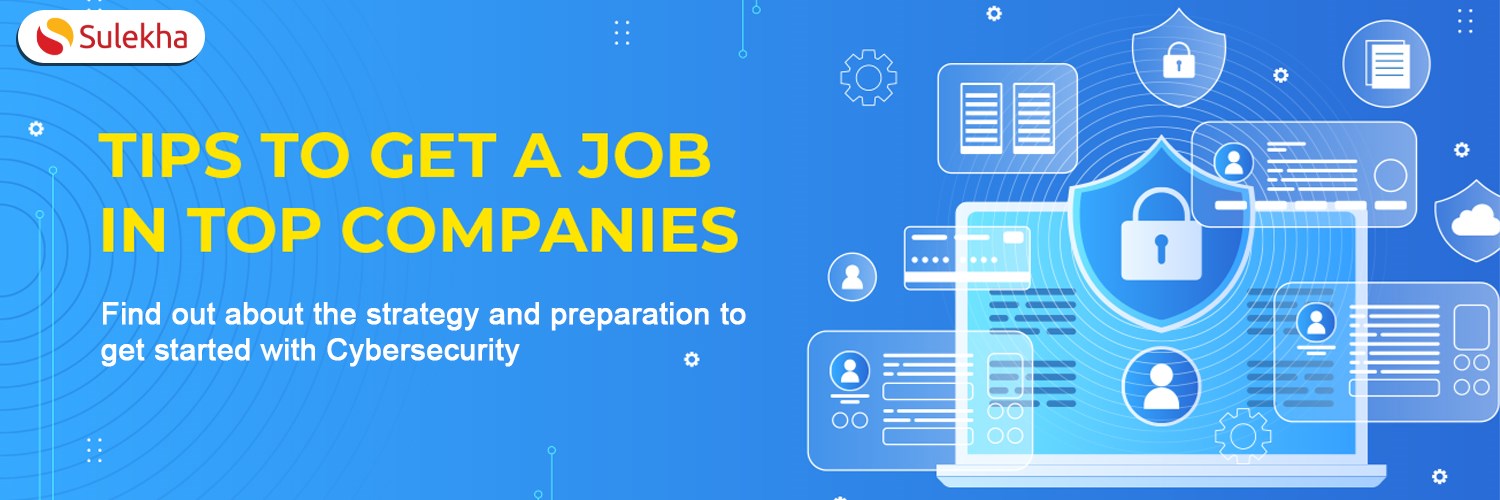
Tips to get a job in top companies - Find out about the strategy and preparation to get started with Cybersecurity
As companies adopt cloud services, IoT devices, and remote work solutions, their attack surface expands. Cybersecurity experts are essential to ensure the security of these technologies and networks. The expertise of cybersecurity specialists bolster
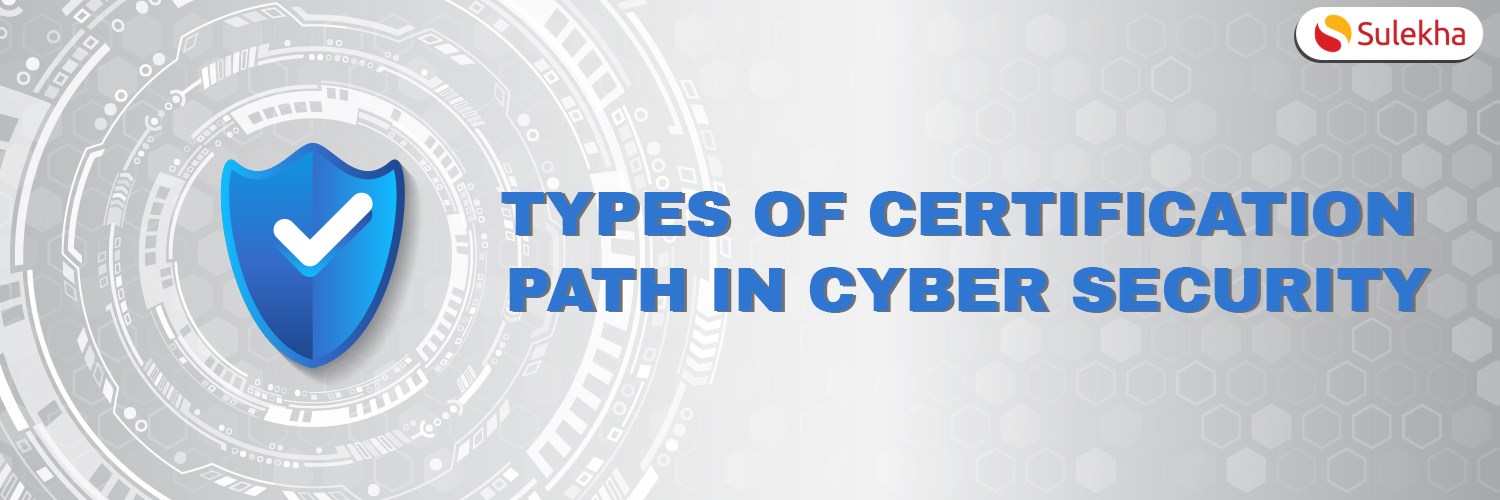
Types of certification path in cyber security
Pursuing certification courses in cybersecurity is considered mandatory due to several compelling reasons. Firstly, the ever-evolving nature of cyber threats demands that cybersecurity professionals stay updated with the latest knowledge and skills.
Latest blogs on technology to explore

Understanding Artificial Intelligence: Hype, Reality, and the Road Ahead
Explore the reality of Artificial Intelligence (AI) — its impact, how it works, and its potential risks. Understand AI's benefits, challenges, and how to navigate its role in shaping industries and everyday life with expert training programs

How Much Do Healthcare Administrators Make?
Discover how much healthcare administrators make, the importance of healthcare, career opportunities, and potential job roles. Learn about salary ranges, career growth, and training programs with Sulekha to kickstart your healthcare administration jo

How to Gain the High-Income Skills Employers Are Looking For?
Discover top high-income skills like software development, data analysis, AI, and project management that employers seek. Learn key skills and growth opportunities to boost your career.

What Companies Expect from Product Managers in 2025: Skills, Tools, and Trends
Explore what companies expect from Product Managers in 2025, including essential skills, tools, certifications, and salary trends. Learn how to stay ahead in a rapidly evolving, tech-driven product management landscape.

Breaking Into AI Engineering: Skills, Salaries, and Demand in the US
Discover how to break into AI engineering with insights on essential skills, salary expectations, and rising demand in the US. Learn about career paths, certifications, and how to succeed in one of tech’s fastest-growing fields.

Cybersecurity Training: Powering Digital Defense
Explore top cybersecurity training programs in the USA to meet rising demand in digital defense. Learn about certifications, salaries, and career opportunities in this high-growth field.

Why Pursue Data Science Training?
Empower your career in a data-driven world. Learn why data science training is crucial for high-demand jobs, informed decisions, and staying ahead with essential skills.

What Does a Cybersecurity Analyst Do? 2025
Discover the vital role of a Cybersecurity Analyst in 2025, protecting organizations from evolving cyber threats through monitoring, threat assessment, and incident response. Learn about career paths, key skills, certifications, and why now is the be

Artificial intelligence in healthcare: Medical and Diagnosis field
Artificial intelligence in healthcare: Medical and Diagnosis field

iOS 18.5 Is Here: 7 Reasons You Should Update Right Now
In this blog, we shall discuss Apple releases iOS 18.5 with new features and bug fixes
